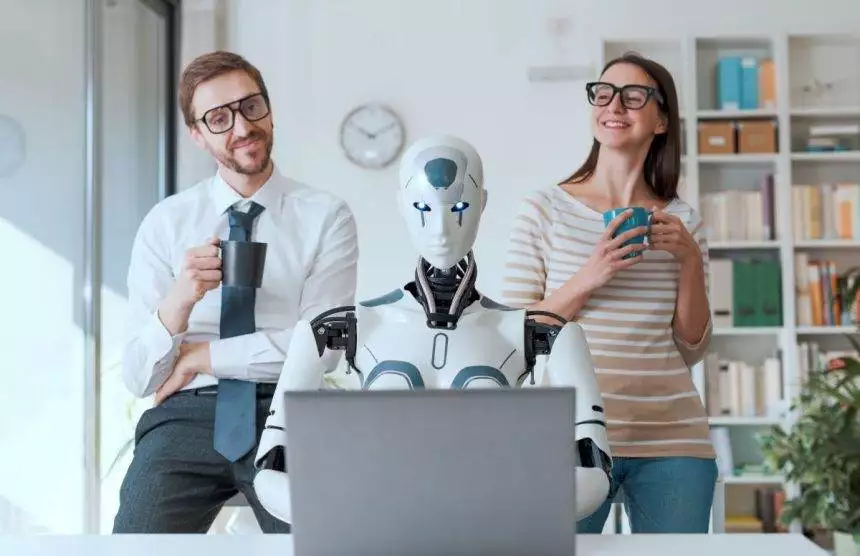The digitisation of processes in human resources departments is no longer a new concept, but a necessity in the current technological context. Implementing artificial intelligence in HR redefines how companies recruit and manage talent. With the adoption of these innovative solutions, significant increases in efficiency and accuracy of HR processes are observed. If you are interested in developments in this area and wonder what the landscape of recruitment and talent management will look like in the future, this article will give you answers based on the latest research and specialized interviews.
Automating recruitment processes
One of the most valuable applications of artificial intelligence in HR is automating the recruitment process. AI-based systems can quickly scan thousands of CVsand to identify suitable candidates, using algorithms that recognize specific keywords and patterns. This helps you save time and resources, focusing only on genuinely relevant candidates for the existing position. Recent studies have shown that artificial intelligence can reduce recruitment time by up to 50%.
Interviewing candidates through AI
Another remarkable aspect is the interview of candidates. Using technologies such as chatbots and AI-assisted video interviews, companies can now effectively interact with candidates, asking predetermined questions and analyzing answers in real time. These solutions can even assess non-verbal aspects, such as body language and voice tone, thus providing a more complex perspective on each candidate.
Employee retention prediction
Artificial intelligence demonstrates its usefulness in predicting employee retention. Algorithms can analyze performance data, feedback and employee behavior to anticipate who might tend to leave the company. With this information, you can take proactive steps to keep valuable talents and reduce the risk of employees leaving, a costly phenomenon for any organization.
Career development and management
AI not only helps recruitment, but also the continuous professional development of employees. AI-managed platforms can identify employee training needs and recommend customized courses or development programs. Thisa forward-looking approach contributes to professional satisfaction and to creating opportunities for internal growth, which are essential for the retention of long-term talents.
Ethical and social challenges
Of course, depending more and more on AI technology, companies must be aware of the potential ethical and social challenges. Involuntary discrimination and questions about confidentiality and data security are essential issues that need to be addressed. It is crucial that AI technologies used in HR be carefully programmed and monitored to ensure a fair and transparent process.
Presenting artificial intelligence in HR as a transformative force has become a reality you can no longer ignore. From efficient recruitment to maximising employeesof employees, AI redefines the dynamics of the HR sphere.
